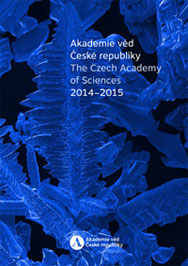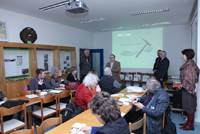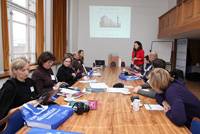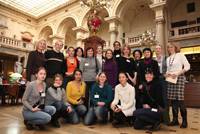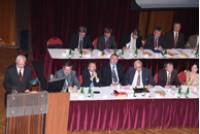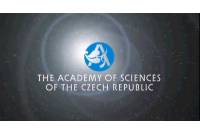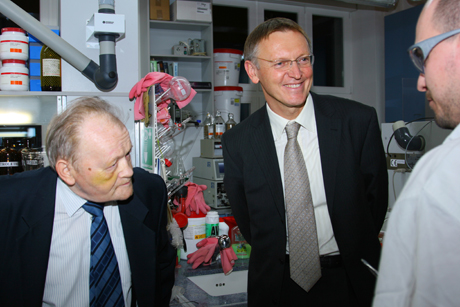
Dear Mr. Potocznik, could you, please, give our readers of the Academic bulletin more
information about your visit and your mission in the Czech Republic?
I was in Prague to meet the Czech government and representatives of universities and academic
organisations, to discuss preparations for science and research activities under the Czech
presidency of the EU next year. I have been very pleased to see the level of enthusiasm and
commitment from both the government and the research community. As well as meeting the ministers
and representatives of the research community, I was privileged to meet Prof. Antonín Holý, whose
discoveries have yielded successful treatments for AIDS and type B viral hepatitis. This was really
inspiring and a motivator for the rest of my trip: supporting passionate and talented researchers
like Prof. Holý, so that they can make discoveries which bring such benefits to society.
By working towards the goals of European Research Policy, the Czech Presidency will bring benefits to Czech science and research, just as it will to science and research all over the EU. I welcome the steps that the Czech Republic has already taken towards reforming its universities, such as the amendment to Higher Education Act 2005 which has given more autonomy to institutions, as well as the promotion of excellence in university-based research through specific programmes such as the Centres of Basic Research.
And contrary, how could during its Presidency period Czech Republic contribute to the support of science and research in Europe?
The Czech Republic can put research high on its agenda and show real political will to forge ahead with the implementation of the European Research Area, which is what I heard during my visit. At EU level, I am pleased to see the progress which is being made to agree a common vision and improved political governance for the ERA since the launch of the Ljubljana Process in May. The ERA fits well with the overall theme of your presidency: A Europe without barriers.
What is your opinion to the fact that Czech Republic has not signed the Lisbon treaty yet. Could this fact affect anyhow the guideline strategy of science and research in EU?
The ratification of the Lisbon Treaty is under the responsibility of the Member States following the national procedures. Up to now, the Commission has welcomed the 24 ratifications of the Lisbon Treaty. Only Ireland, Sweden and the Czech Republic are still under the process of ratification. We hope the Czechs will be able to undertake this commitment as soon as possible.
Which topics in the field of R& D have the priority within EU and which of them, according to your opinion, should be supported during the Czech presidency?
There are many facets to EU research policy. From where I'm standing, I think we can already identify some basic priorities: keeping up momentum on knowledge-related reforms for the Lisbon Strategy for Growth and Jobs; implementing initiatives for the European Research Area; finalising the legal framework for European Research Infrastructures; developing the evaluation of the impact of R&D investments and improving the opportunities and environment for researchers.
This last question of the day-to-day conditions for European researchers is a particularly important focus, which we have approached through the European Partnership for Researchers. Key areas for action are the systematic opening up of recruitment, meeting the social security and pension needs of mobile researchers, providing fair employment and working conditions, and ensuring that researchers have the right training and skills.
We will make progress at the EU level through the Member States, who have to take responsibility for the actions to be taken at the national level. For example, the EC Recommendation on the European Charter for Researchers and the Code of Conduct for their recruitment is a well recognised policy tool to improve the working environment for researchers in Europe. So far, in the Czech Republic only the Academy of Science has signed up to the Charter & Code. We hope and expect that there will be further endorsement of the Charter & Code at Ministerial level and also from the Czech Universities and research bodies.
11 Nov 2008




